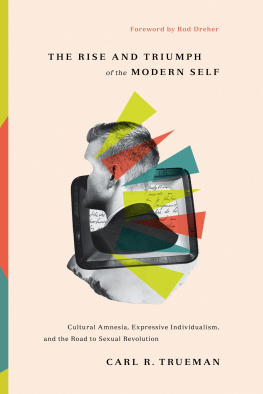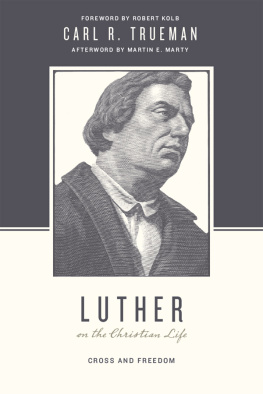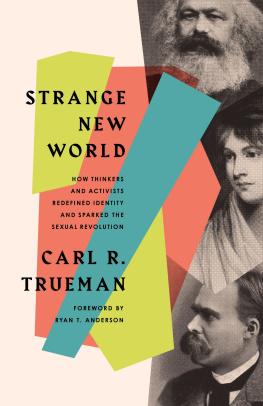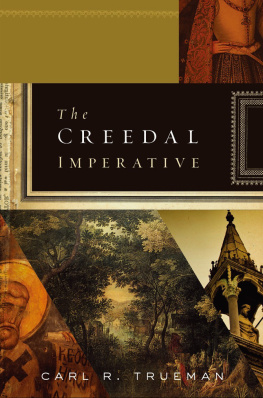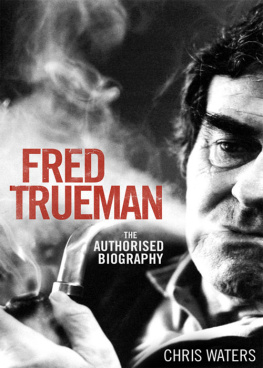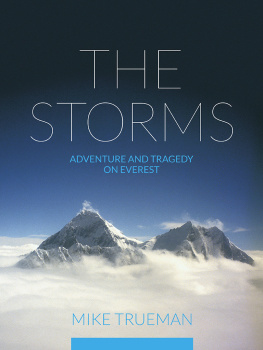Table of Contents
Landmarks
The mind is its own place, and in itself
Can make a heavn of hell, a hell of heavn.
John Milton, Paradise Lost
The contemporary political scene is dominated by issues of identityracial, sexual, ethnic, and otherwise. Underlying much of the discussion, and driving much of the stridency, is the cluster of philosophical approaches to such matters known by the umbrella term critical theory .
Critical theory is today a diverse phenomenon that draws deeply and variously on strands of Marxist thought, psychoanalysis, feminist theory, postcolonialism, poststructuralism, queer theory, and deconstruction. It embraces a variety of such approaches and continues to develop its conceptual vocabulary and its range of political concerns.
While critical theory is a vital tool in the modern LGBTQ+ movement in terms of its political engagement, my focus in this chapter is not on its contemporary manifestations. Such a task is well beyond the necessary scope of my argument. Rather, I want to look at its origins and some of its earliest iterations as a means of pinpointing key developments in the overall narrative of the self with which this book is preoccupied. And that means that the discussion is focused on the way Freuds thinking came to be modified and appropriated by the Marxist Left in the mid-twentieth century. Critical theory may have moved well beyond the writings of those I discuss in this chapterHerbert Marcuse, Wilhelm Reich, Simone de Beauvoir, and Shulamith Firestonebut the work these earlier thinkers did both established and exemplified the trajectories along which later critical theory has moved.
An Odd Couple: Marx and Freud
Freuds theories are intriguing but in themselves insufficient for understanding why sexual identity has played such a significant role in the politics of the West for more than fifty years. How did the psychoanalytic speculations of a Viennese physician come to shape the logic of the contemporary political landscape to the point that matters of sexuality now look set to overwhelm traditional concerns of liberal societies, such as freedom of speech and religious liberty? To explain that, it is first necessary to grasp the manner in which Freudian ideas came to occupy a prominent place in the development of Marxist philosophy in the twentieth century.
As noted in chapter 5, Karl Marxs philosophy of history is at its core a materialist revision of the idealism of G. W. F. Hegel. Like Hegel, Marx envisaged history as a forward-moving dialectical process, but for him this would culminate in the triumph of the working class (the proletariat) over the middle class (the bourgeoisie). This shift involved the replacement of the capitalist system with a communist one, in which the means of production would be held in common ownership by the workers in the form of the state.
Marxs theory of the triumph of the proletariat depended on two other historical developments as preconditions. First, the capitalist system would have to collapse under the weight of its own economic contradictions. Essentially, the increasing concentration of wealth in the hands of fewer and fewer people would create a situation in which the system simply broke down. And second, the proletariat would need to develop a political self-consciousness that would allow it to understand that its best interests were not served by it supporting the capitalist system and the bourgeoisie but rather that these had to be overthrown and replaced with common ownership of the means of production. In other words, the workers would need to realize that their interests and those of their bosses were antithetical to each other and that overthrowing their bosses would therefore be to their distinct advantage.
This latter point is where a crucial lacuna in Marxs thought exists. What Marx never explained was how this second development, this rise of proletarian self-consciousness, was to take place. This gap in Marxs thought was made only more problematic by the events of history itself. As Europe moved through the early part of the twentieth century, it became apparent that crises in world capitalism (e.g., the stock market crash of 1929 and the subsequent Great Depression) were not proving sufficient in themselves to create the necessary class consciousness required. Material conditions clearly did not determine class consciousness in a direct, simple fashion. This issueof how proletarian class consciousness was to be developed in order to facilitate the advent of a communist societywas in many ways the key theoretical question that drove the development of Marxism in the twentieth century.
The problem was faced in one form by Vladimir Ilyich Lenin, leader of the Russian Revolution. Russia, as a predominantly peasant society, had not undergone the necessary capitalist development that was supposed to be the precondition for the advent of communism; Lenin was also convinced that economic conditions in themselves would not produce revolutionary consciousness among the working class. At best, it would lead the workers to form trade unions, not to overthrow the bourgeoisie and seize the means of production.
Further, the rise of Fascist and Nazi parties in Italy, Germany, and central and eastern Europe and the clear appeal of these movements to the working classes indicated that the dialectics of history were not operating quite as smoothly as Marx and his followers had once hoped.
The Shotgun Wedding of Marx and Freud
The story of the fusion of Marxist and Freudian thought, which historian of the Frankfurt School Stuart Jeffries has described as a shotgun wedding, begins with two of the early members of the school, Max Horkheimer and, more importantly, Erich Fromm.
For Fromm, the point of useful contact between Marx and Freud lay in the fact that both saw human character (selfhood) in dynamic terms, Marx in the material social conditions in relation to which human self-consciousness developed, Freud in terms of the psychological development of the sex drive as individuals matured and took their place in society. For both, the process was evolutionary, and this allowed Fromm to draw fruitfully on the work of both men. Freud was particularly useful to him because of his taxonomy of character types.
While Horkheimer and Fromm attempted to bring together Marxist and Freudian insights in order to address the rise of Fascism and Nazism, this union, like most shotgun marriages, was not an entirely comfortable one. There were, after all, some very basic problems of compatibility between the two approaches. First, there was the complexity of welding together an approach to human life that prioritized the material and economic in the context of society at large with one that focused on the psychological and the individual. Then there was also the deeper disparity, even contradiction, between what we might call the teleological expectation of the two.
Wilhelm Reich and Revolutionary Sex
Wilhelm Reichs combining of Freud and Marx was initiated through his desire to understand the rise of Fascist ideology. In his book The Mass Psychology of Fascism (1933), Reich developed the concept of what he called
Reich then highlights four elements of Freuds work that he thinks are particularly pertinent to answering these latter questions: (1) Freud
What Reich then does with these insights is a critical move in the synthesizing of Marxist and Freudian ideas: he applies the Marxist notion that ideas are themselves the ideological expression of specific historical circumstances to Freuds thought in a way that connects Freuds insights to the political structure of the society in which the psychological phenomena they describe occur:
What Reich does here is adopt Freuds basic point about civilization/culturethat it is the product of sexual repressionwhile refusing to make this a transcendent truth, preferring to relativize it. Sexual codes are part of the ideology of the governing class, designed to maintain the status quo so as to benefit those in power. To be specific: the present shape of this civilization-happiness trade-off involves preventing children from engaging in sexual self-expression, but this particular historical form of moral prescription is not in itself a necessary absolute and could well be configured differently. The question therefore emerges as to how and why the current sexual codes, specifically here relating to children, have come to be the way they are. More generally, why is a culture or civilization built on such specific forms of repression considered necessary, and by whom?

